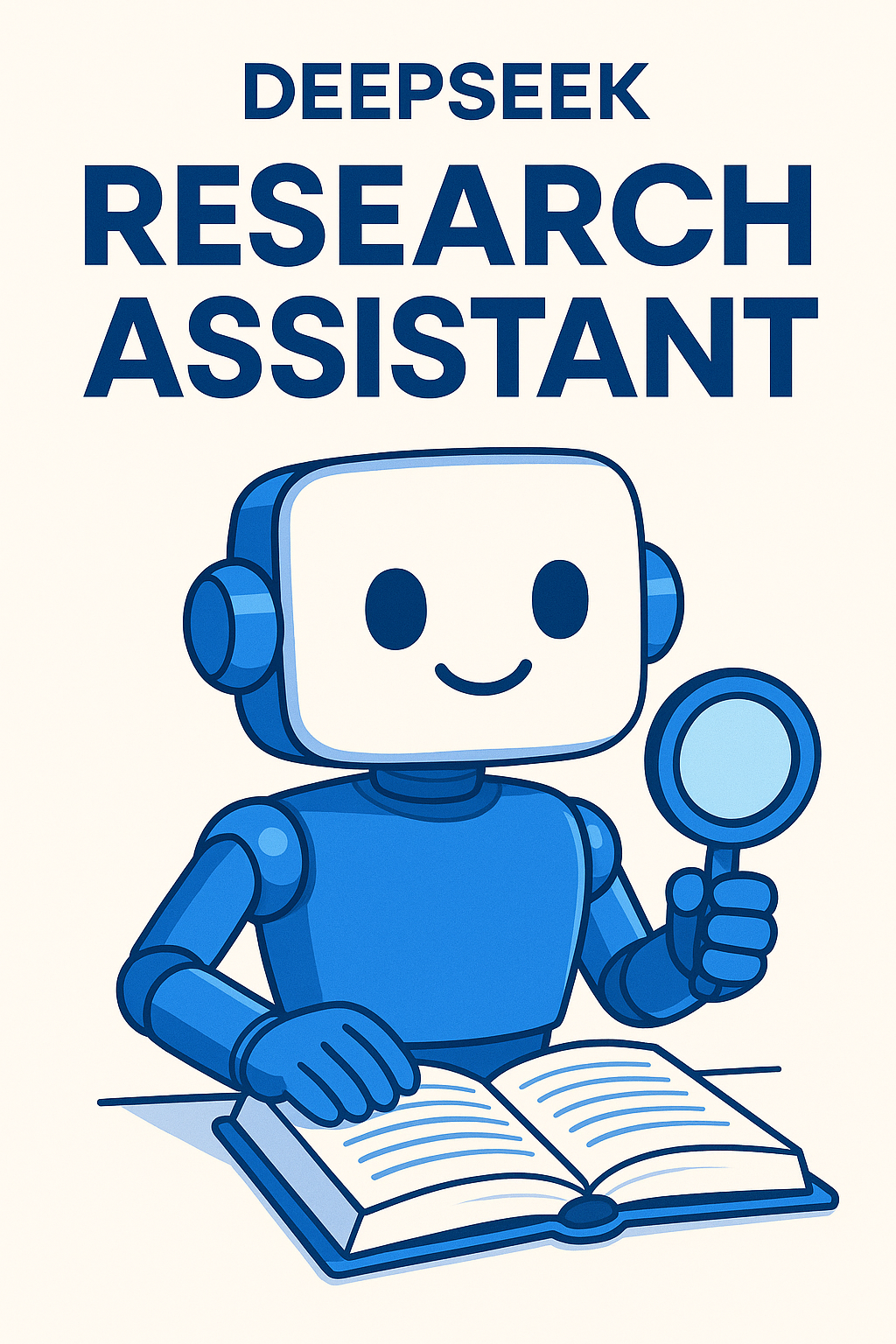No Image
Why Human Suffer Mostly on this Planet than other animal
Discover insights and knowledge in this thoughtfully crafted article.
Join our collaborative learning ecosystem and connect with passionate learners worldwide. Share knowledge, exchange ideas, and achieve your academic goals together.
Create personalized learning paths with our intuitive course builder
Connect with a global community of learners and educators
Advanced analytics to monitor your learning journey and achievements
Explore our most popular courses and start learning today

Dive deep into the fascinating world of Context Engineering, where you'll learn to design and implement systems that understand and adapt to their environment. This comprehensive course combines theoretical foundations with hands-on practice, teaching you how to create context-aware applications that deliver personalized experiences. You'll explore context acquisition, modeling, reasoning, and implementation strategies while building practical solutions that respond intelligently to changing situations.

In this hands-on course, you will learn to build and utilize a fully local, privacy-preserving AI research assistant powered by LLMs such as those hosted on Ollama or LM Studio. Named the Local Deep Researcher, this system enables autonomous, iterative research on any given topic by cycling through intelligent querying, information retrieval, summarization, and reflection—all without needing cloud APIs or external services.You’ll explore the full pipeline, including:Generating intelligent search queries using an LLMGathering and parsing web search documentsCreating and updating concise summaries of findingsReflecting on current summaries to identify knowledge gapsRefining search queries to address those gapsProducing a clean, markdown-based final research report with source attributionKey Learning Outcomes:Deploy and configure LLMs locally using Ollama or LM StudioUnderstand autonomous agentic loops for research tasksDesign and implement research workflows for summarization and knowledge refinementAutomate the generation of structured, referenced reportsWho This Course Is For:Researchers and students looking for AI-powered research toolsDevelopers building intelligent personal knowledge agentsPrivacy-conscious professionals needing offline research supportEnthusiasts interested in agentic AI, LLM automation, and local-first toolsTools & Tech Stack:PythonDeepSeek / Other local LLMsOllama or LM StudioLangChain (optional)Markdown for report generationBy the end of the course, you'll have your own fully functioning Local Deep Researcher capable of producing structured reports with iterative reasoning—all on your local machine.

This course provides an in-depth, hands-on journey through the complete implementation of a GPT-style language model, similar to OpenAI’s GPT-2. Built entirely using PyTorch, this codebase shows you how to tokenize data, construct Transformer-based models (including causal self-attention and MLP blocks), train efficiently with distributed training (DDP + gradient accumulation), evaluate with loss and accuracy metrics (including HellaSwag tasks), and generate text in an autoregressive fashion.You will not just use Hugging Face tools—you will replicate how GPT works at the core. This means building positional embeddings, attention heads, model layers, training loops, learning rate schedulers, validation steps, and generation logic—all from scratch.Whether you're an AI researcher, developer, or enthusiast, this course will give you an insider's view of what powers ChatGPT and how you can create your own scaled-down version for specific domains or experiments.
Read our latest blog posts and stay up to date with the latest trends
No Image
Discover insights and knowledge in this thoughtfully crafted article.

Human beings are born with immense potential, yet they arrive in the world as blank slates in terms of language and lived experience. Unlike...